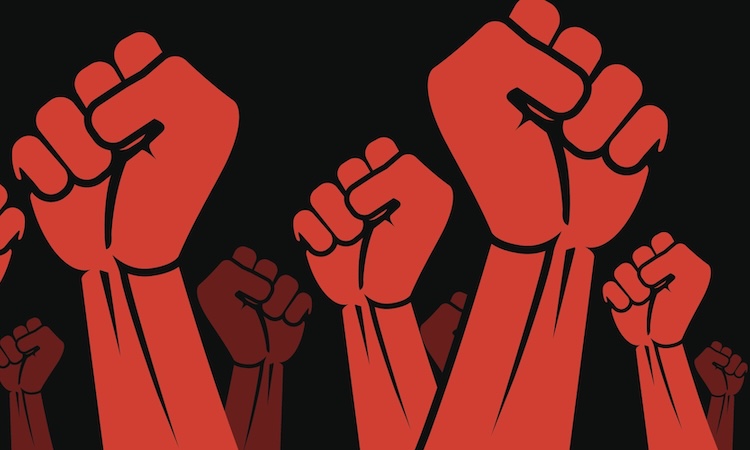The following resolution was passed unanimously by the tenth party congress of the CPGB-ML.
*****
This congress notes Comrade Mao Zedong’s observation that “Women hold up half the sky.”
Congress reasserts the importance of the Marxist-Leninist understanding that just as women cannot achieve emancipation without the proletarian revolution, equally there can be no proletarian revolution without the full and equal participation of women in the revolutionary movement.
Congress affirms its view that the party and all of its members, not only the women in the party, must study the history and class basis of women’s oppression as an integral part of their study of dialectical and historical materialism, the philosophy upon which Marxism-Leninism is based. Unlike other philosophies before or since, this philosophy does not simply explain the world but provides the tools for changing it.
As part of this study, congress believes that all party members should understand both the nature and the modern history of bourgeois feminism in Britain, including as it is practised by the ‘left’ revisionists, Trotskyites and other opportunists, and also the class basis for misogyny: how and why these remain as pernicious weeds in the working-class movement which must be opposed and removed.
This congress therefore resolves that:
- The core study programme used in study groups, to one of which all party members should belong, must include the seminal work of dialectical and historical materialism:
The Origin of the Family, Private Property and the State by Friedrich Engels. - The party’s broader educational programme, which all comrades should be working their way through individually, should include the book that records and analyses the 1970s women’s movement in Britain: Marxism and the Emancipation of Women.













